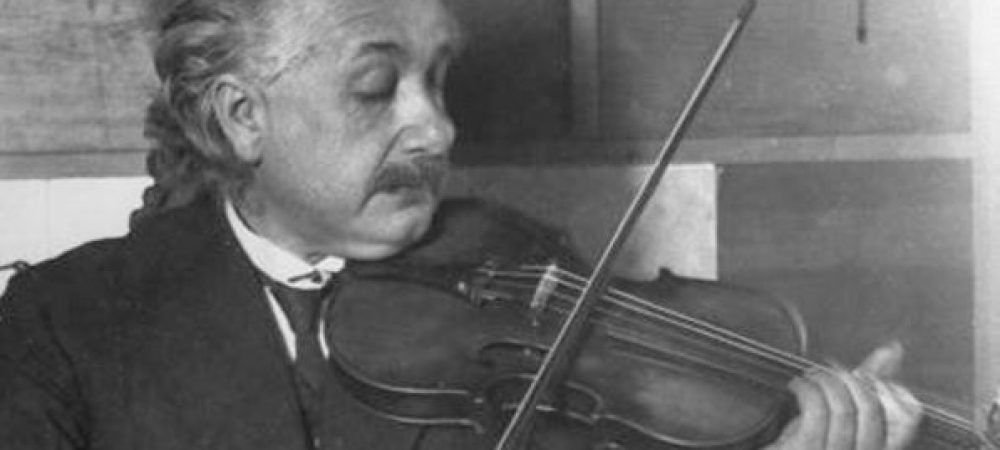The Place of Music in 21st Century Education (University of Sidney)
While continuing my professional training and research in the world of Music, I am presently reflecting on John Cage’s quote:
“I believe that the use of noise to make music will continue and increase until we reach a music produced through the use of electrical instruments which will make available for musical purposes any and all sounds that can be heard.” – John Cage (1961), “The Future of Music: Credo”, in SILENCE 3-4.
Was John Cage right? If not, do you think he will be right? Are “electrical instruments” as valid and important music-making instruments as acoustic instruments such as a violin, a piano, a guitar, or a trombone?
Pondering on John Cage’s quote, Vygotsky’s theory of “thick” as opposed to “thin” experience suddenly approach my mind. Will electrical instruments be able to guarantee the qualities and characteristics of a “thick experience”, reflecting on the complexity of the human being as opposed to the “thin” concept of sensory experience, while making available the whole spectrum of sounds than can be ever conceived?
Even though my provocation may not appear to be dramatically related to Mr Cage’s theory, I believe the impact of the electronic sound discovery will surely affect human conditions and the way a person experience the musical experience as well as the artist’s performance. The dichotomy between new and old ways of producing sounds and music, may then lead to a wider reflection having social and anthropological implications.
The Italian political philosopher, Giovan Battista Vico (1668-1744) was the first expositor of the fundamentals of social science and of semiotics and became particularly important for a few ideas he introduced into Western philosophy, for his theory that, historically, civilizations cycle through three periods, from one governed by imagination, superstition, and custom to one governed by rational understanding, after which things always cycle around again.
Furthermore, I would argue that present times are shaped by increasing research on Technologies as well as Artificial Intelligence. Their implementation tell and will be telling, very much about our culture, and behaviours. Following Mr Vico’s theories, I believe that technological innovations will be carried on as far as a point of “saturation” will be reached. However, the discoveries will provide us all with a qualitative experience that will stimulate a multitude of human feelings, among which the “nostalgia”. The learning curve will tell a different story and most probably will bounce back the electronics renewing a sense of belonging to the past and the old ways in which instruments were played and designed. Electronic instruments will then cohexist with classical ones, that perhaps will be used only in small groups of communities, yet they won’t abandoned.
Elena Arzani

